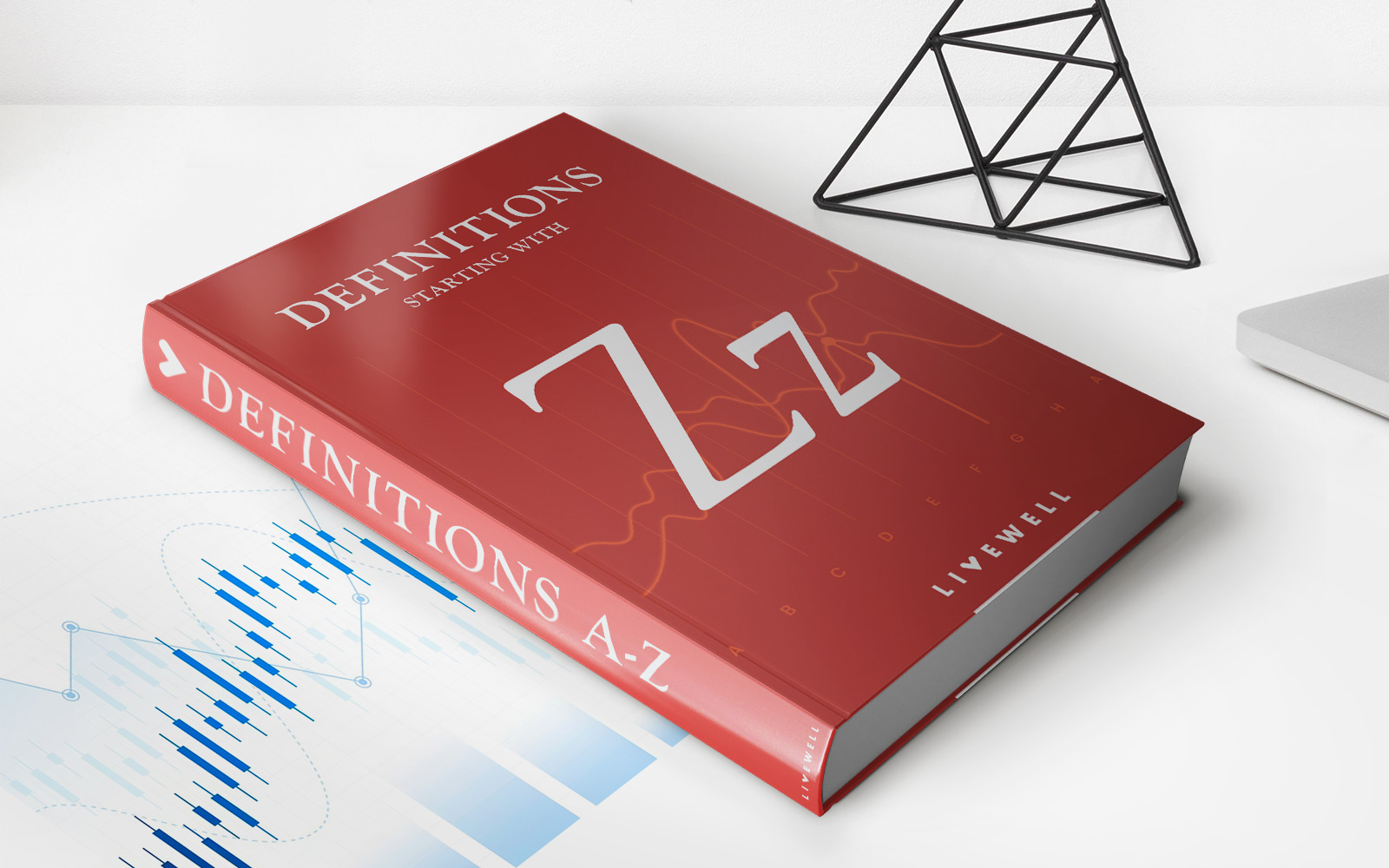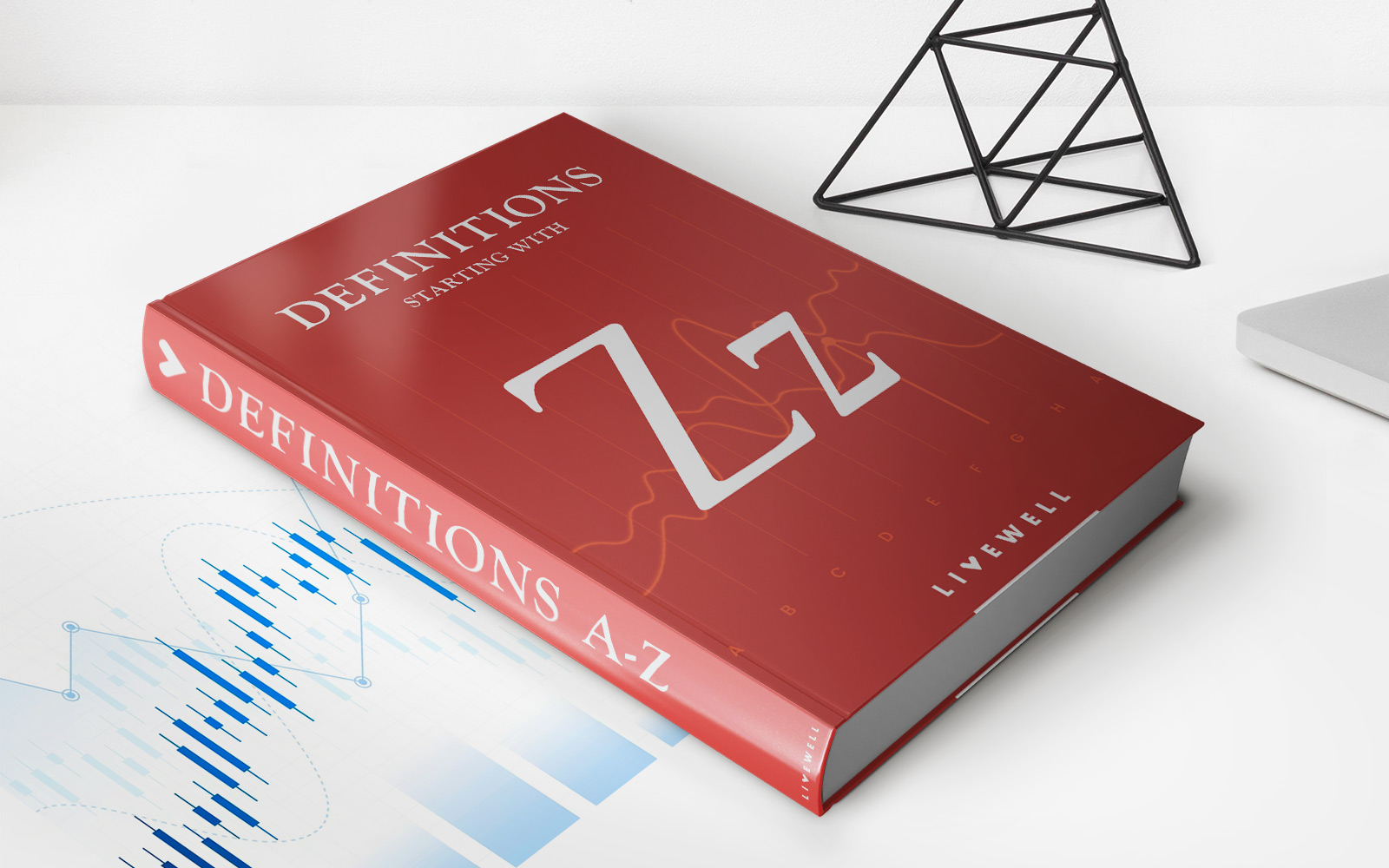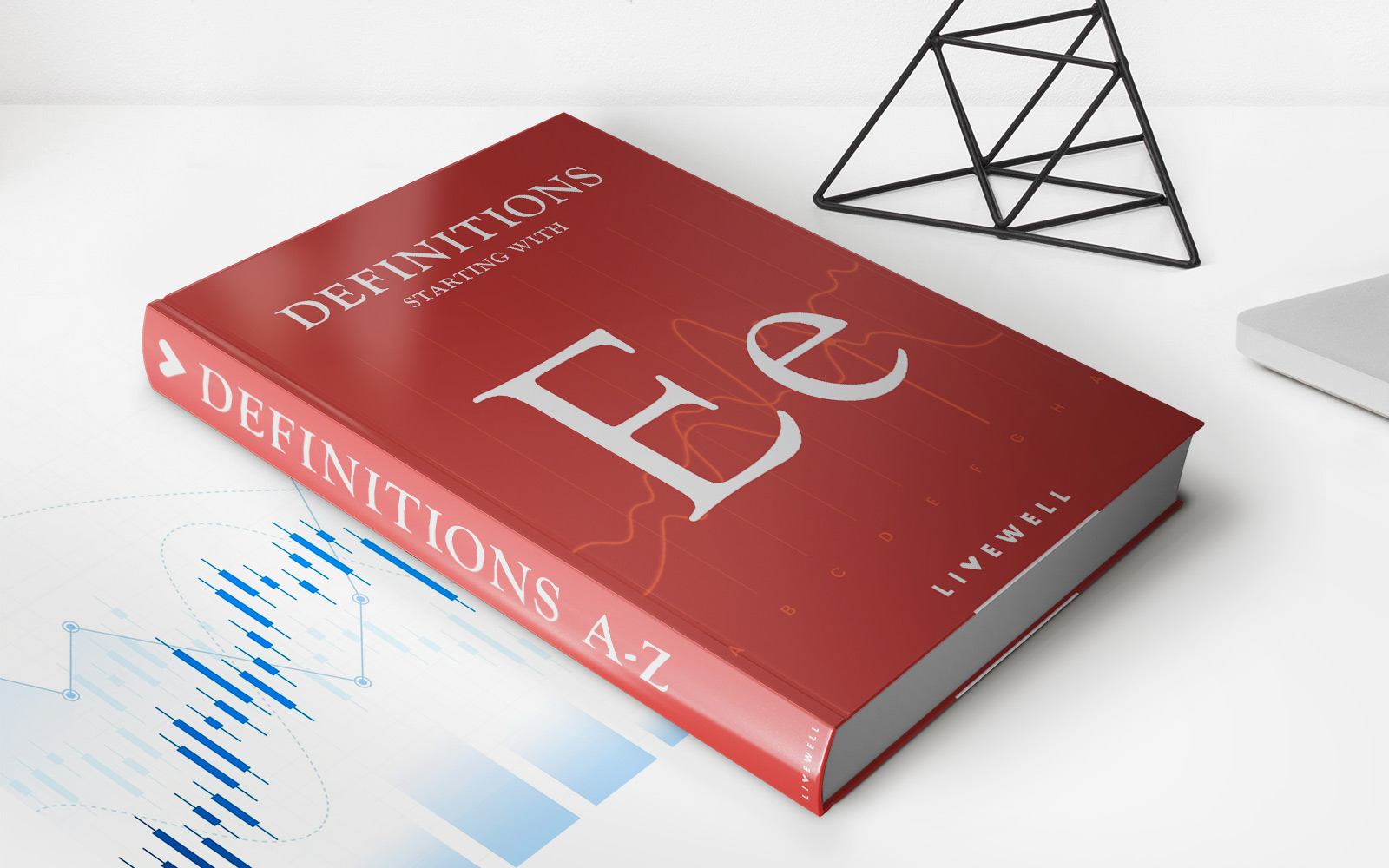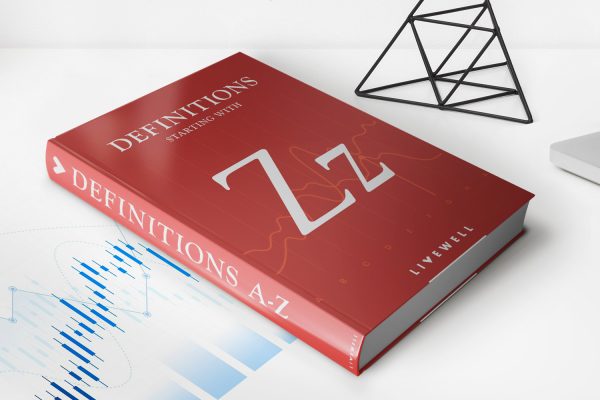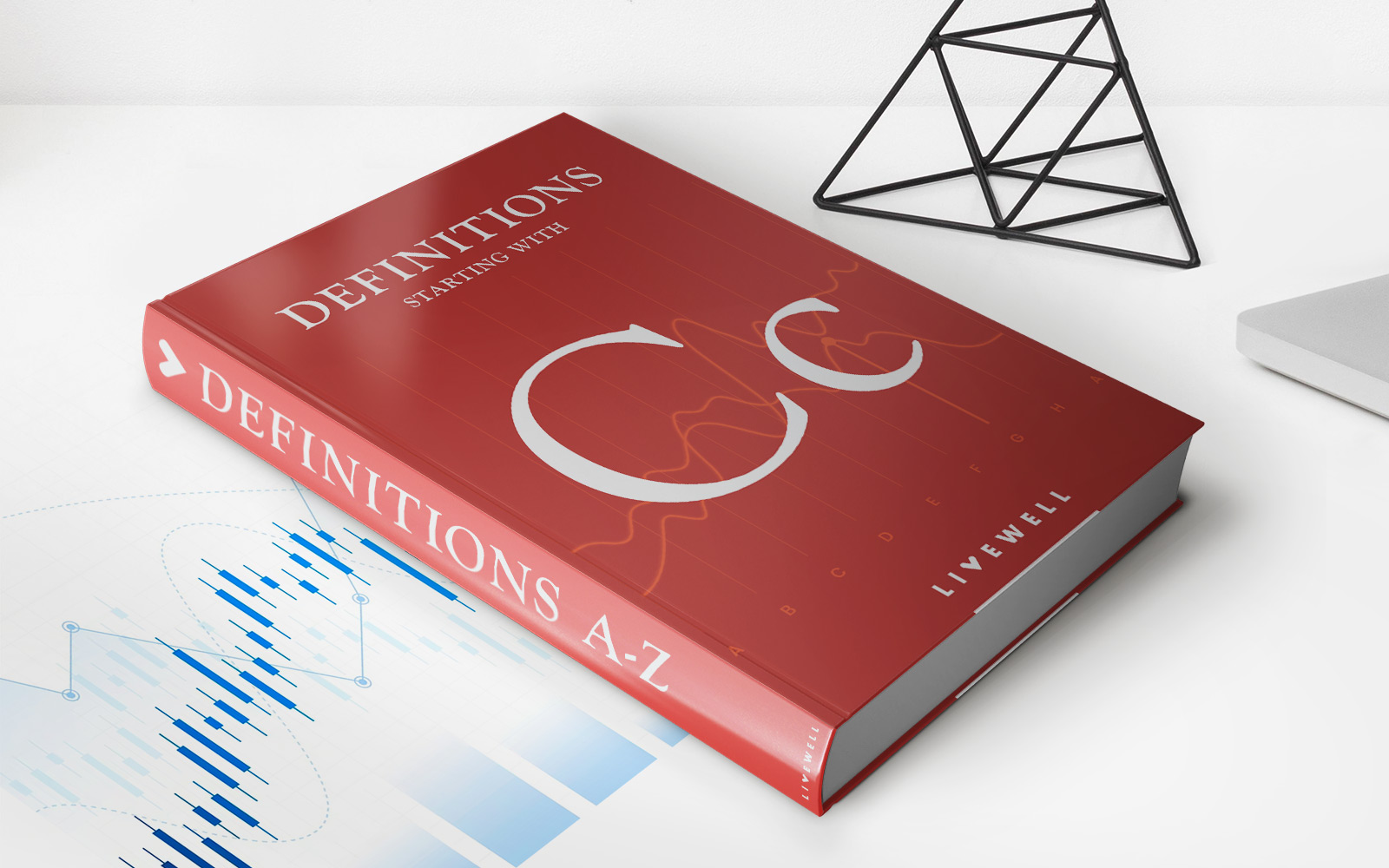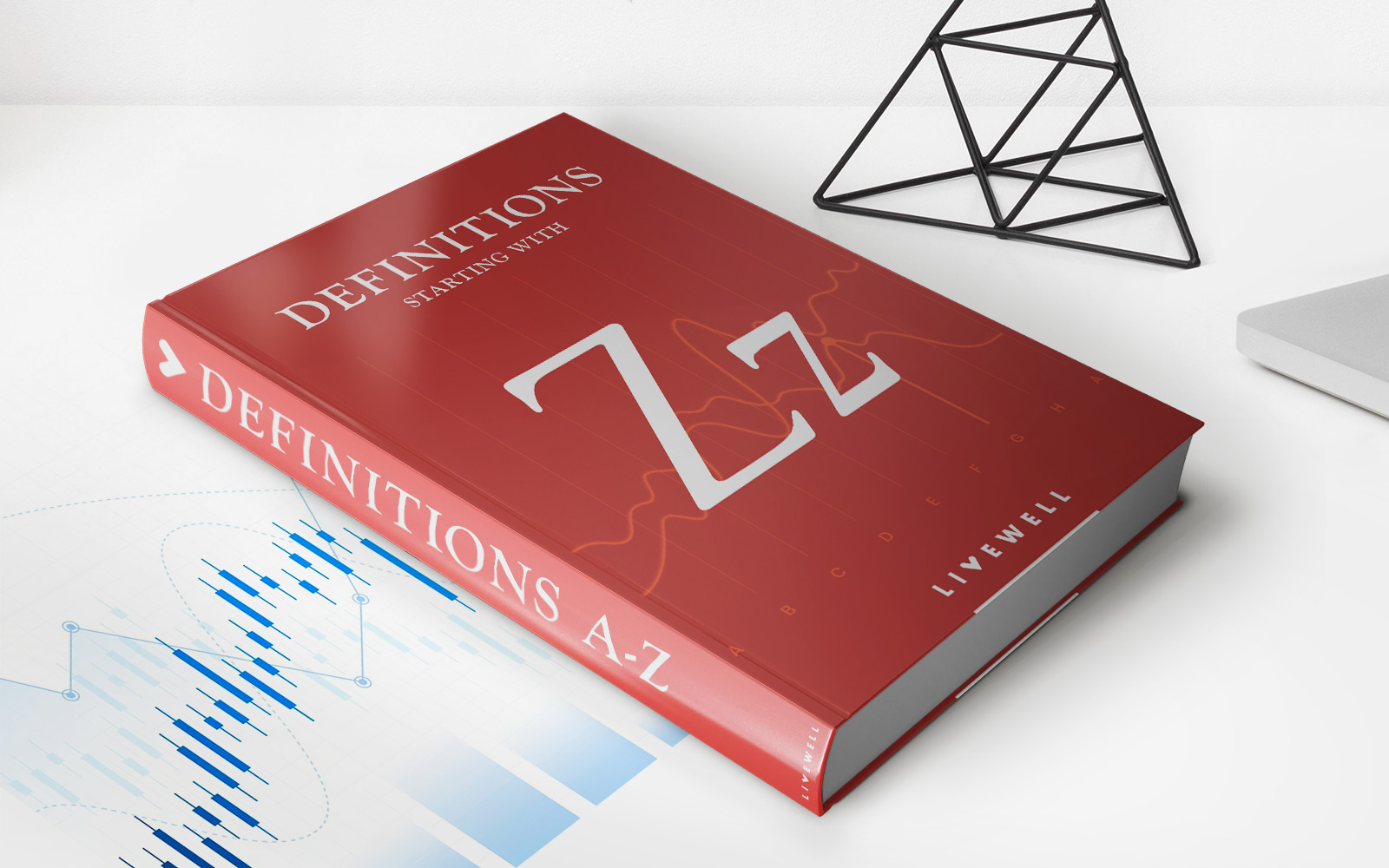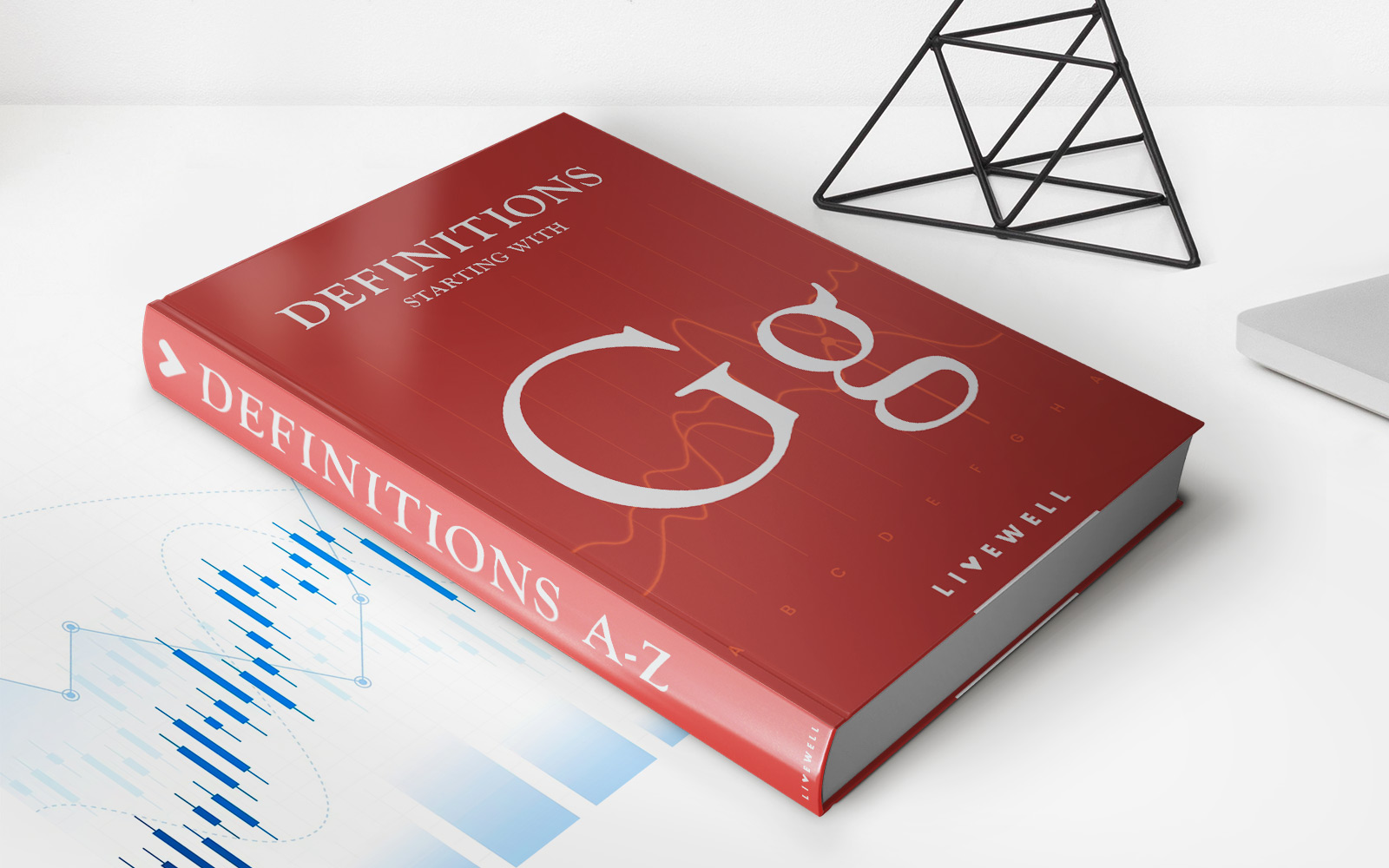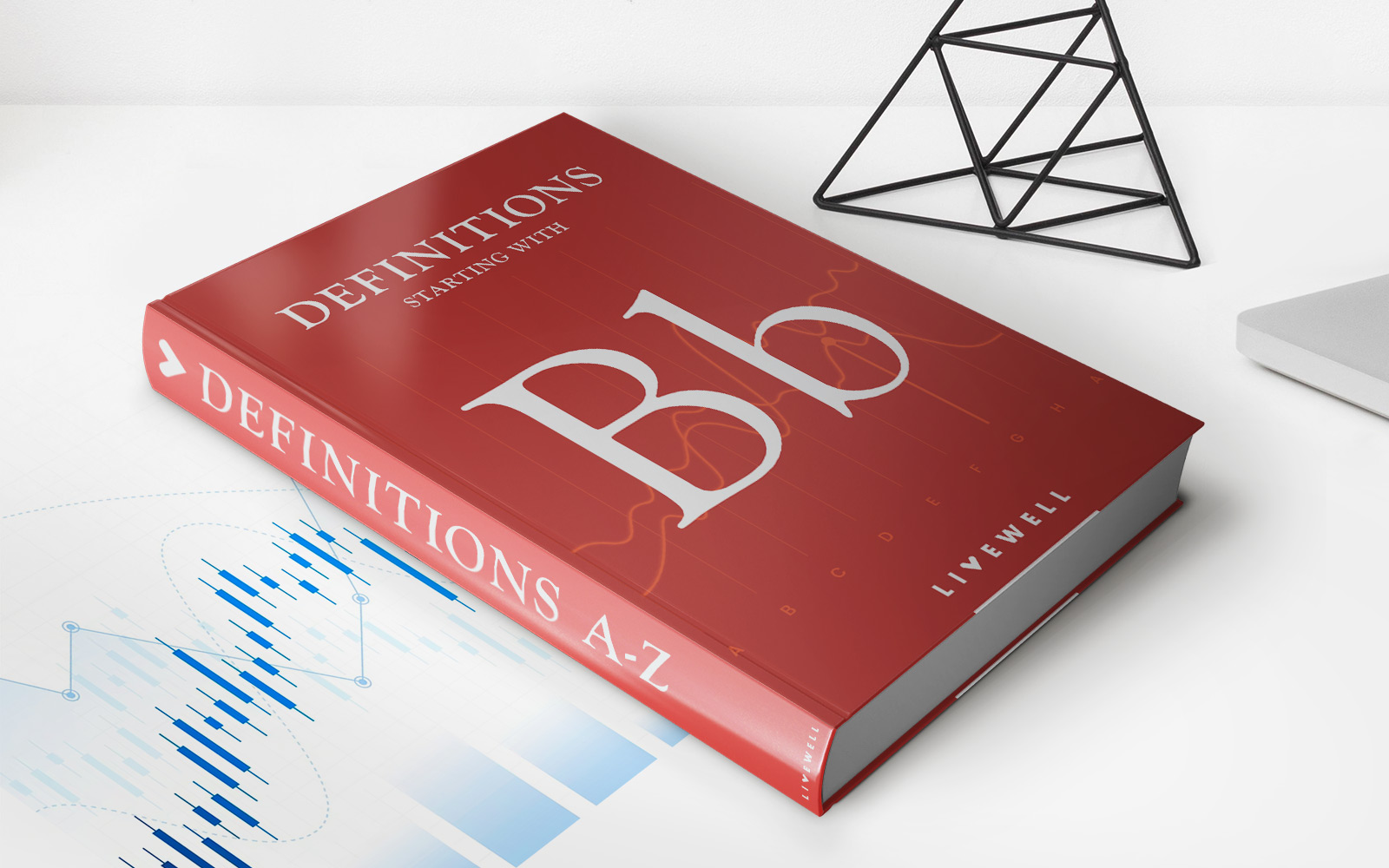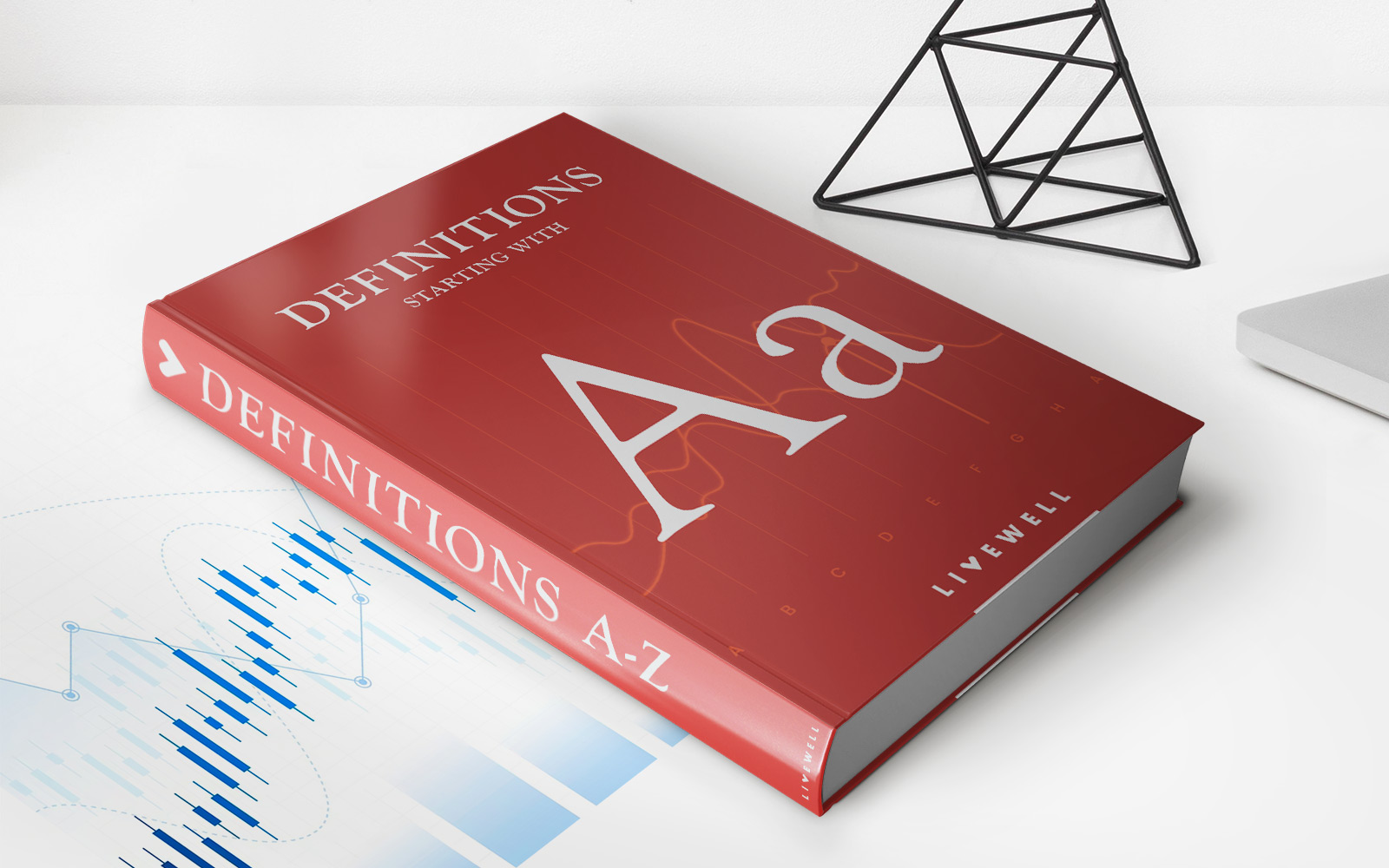Home>Finance>Zero-Coupon Bond: Definition, How It Works, And How To Calculate
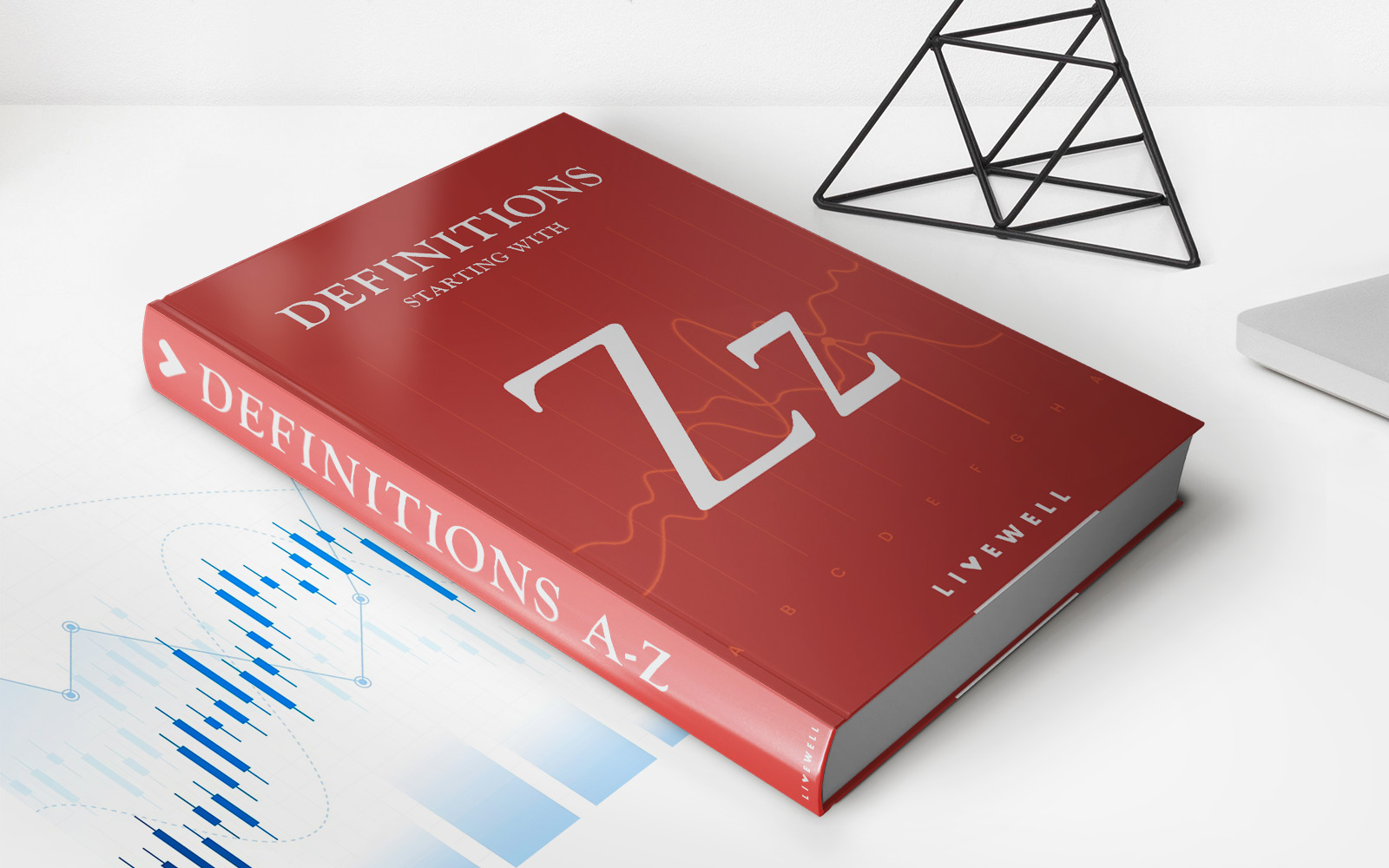

Finance
Zero-Coupon Bond: Definition, How It Works, And How To Calculate
Published: February 20, 2024
Learn the definition, workings, and calculation of zero-coupon bonds in finance. Discover how these bonds offer unique investment opportunities.
(Many of the links in this article redirect to a specific reviewed product. Your purchase of these products through affiliate links helps to generate commission for LiveWell, at no extra cost. Learn more)
Zero-Coupon Bond: Definition, How It Works, and How To Calculate
Welcome to the finance category of our blog! Today, we will dive into the fascinating world of zero-coupon bonds. If you’ve ever wondered what a zero-coupon bond is, how it works, and how to calculate its value, you’ve come to the right place. In this blog post, we will demystify the concept of zero-coupon bonds and provide you with a step-by-step guide on how to calculate their worth.
Key Takeaways:
- A zero-coupon bond is a type of bond that is issued at a discount and doesn’t pay periodic interest payments. Instead, it is sold at a deep discount from its face value and pays its full face value upon maturity.
- Zero-coupon bonds are a popular choice for investors looking for long-term investments or to save for specific goals, such as funding a child’s education or retirement.
Understanding Zero-Coupon Bonds
Let’s start by breaking down the basic definition of a zero-coupon bond. It is a bond that doesn’t make any periodic interest payments, hence the name “zero-coupon.” Unlike traditional bonds, where you receive periodic interest payments over the bond’s tenure, zero-coupon bonds are sold at a discounted price from their face value. The difference between the purchase price and the face value represents the interest earned over the bond’s life.
Here’s a step-by-step breakdown of how zero-coupon bonds work:
- Issuing the Bond: A government or corporation issues the zero-coupon bond and determines its face value, maturity date, and interest rate.
- Purchase at Discount: Investors can purchase zero-coupon bonds directly from the government or corporation issuing them or through secondary markets at a price lower than the face value.
- Hold until Maturity: Once purchased, investors hold the zero-coupon bond until its maturity date, which is typically several years in the future.
- Maturity and Return: Upon maturity, the bondholder receives the full face value of the bond. The difference between the discounted purchase price and the face value represents the investor’s return or the interest earned.
Calculating the Value of Zero-Coupon Bonds
Now that we understand the concept of zero-coupon bonds, let’s explore how to calculate their value. The value of a zero-coupon bond is influenced by several factors:
- Face Value: This is the amount the bond will pay upon maturity.
- Maturity Date: The date when the bond reaches its full face value.
- Discount Rate: The interest rate used to discount the future cash flows of the bond.
- Time to Maturity: The number of periods from the present until the bond’s maturity.
Using these factors, you can calculate the value of a zero-coupon bond using the following formula:
Value = Face Value / (1 + Discount Rate)^(Time to Maturity)
By plugging in the values for the face value, discount rate, and time to maturity into this formula, you can determine the current worth of a zero-coupon bond.
In Conclusion
Zero-coupon bonds can be a valuable addition to your investment portfolio. With their attractive long-term potential, they offer unique advantages and opportunities for investors. By understanding what zero-coupon bonds are, how they work, and how to calculate their value, you can make informed investment decisions and set yourself up for future financial success.
Remember, whether you’re saving for education, retirement, or any other financial goal, it is always advisable to consult a financial advisor or expert before making any investment decisions.
Thank you for joining us for this informative journey through the world of zero-coupon bonds. Stay tuned for more engaging and educational finance content on our blog!
